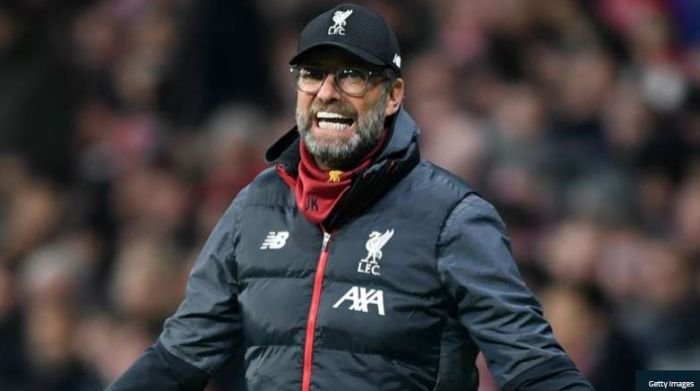Emilioano Sala and pilot had been exposed to toxic levels of carbon monoxide before plane crashed
Posted by E.L.E.X on August 14 2019 under Sports

Emiliano Sala, 28, and his pilot David Ibbotson, 59, were poisoned by carbon monoxide in their plane before it crashed in the English Channel on January 21, it has been revealed today.
Cardiff City forward Sala, who had only just signed for the club, was exposed to "deadly" levels of carbon monoxide before the private plane crashed. Sala lost his life, while Mr Ibbotson's body has never been found after their Piper Malibu PA-46 aircraft went down while travelling between Nantes and Cardiff earlier this year.
The Air Accident Investigation Branch have said Sala had a carbon monoxide level of 58 per cent in his blood. That amount can cause seizures, unconsciousness or heart attacks.
Though Ibbotson hasn't been found, Air Accidents Investigation Branch (AAIB) confirmed he would have likely suffered the same deadly exposure which would've "impaired his ability to fly".
The report said: "It is clear from the symptoms that exposure to CO can reduce or inhibit a pilot’s ability to fly an aircraft depending on the level of that exposure."
The report also told how "poor sealing of the cabin or leaks into the heating or ventilation system from the exhaust" could have allowed gas into the cabin of the plane.
It is currently unknown whether Sala and Ibbotson passed out and died on the plane due to their exposure to the deadly gas, or whether they died on impact with the English Channel.
The AAIB have not added any further details, but said instead: "When our investigation has concluded, we will publish a final report."
Meanwhile, Lawyer for the Sala family, Daniel Machover of Hickman & Rose solicitors, said the report raised "further questions".
He said: "The family believe that a detailed technical examination of the plane is necessary. The family and the public need to know how the carbon monoxide was able to enter the cabin. Future air safety rests on knowing as much as possible on this issue."
Terry Tozer, a former pilot and one of the UK's leading aviation experts described the presence of carbon monoxide a cockpit as "very rare".
He said: "If you've got carbon monoxide in a cabin then that's a very serious situation.
"It's very rare. It's not something I've heard happening before and it's not a situation the majority of pilots will ever encounter in their careers.
"I suspect if you were in that position as a pilot you would know about it quickly and the reaction would be to land as soon as possible.
"There are a number of reasons why carbon monoxide would leak into the cabin and in the case of a smaller plane, the cockpit as well.
"It could be a fault from the engine which would potentially enter through a ventilation system, but there a lots of possibilities, that's for the AAIB to investigate."
Tweet
YOU MAY ALSO LIKE
Comments
Add Comment
All fields are required!






















































